EV Smart Charging Regulations


EV Smart Charging Regulations: Smart Charging is the Future
As the public becomes increasingly invested in creating a sustainable future, it’s encouraging to see the UK government committing to long-term plans to cut emissions. A promising example of this is the Transport Decarbonisation Plan, published this summer, which focuses on smart charging, and phasing out the sale of petrol and diesel HGVs. It’s all in aid of helping the UK work towards achieving net zero by 2050, by rolling out what the Department for Transport calls a world-leading greenprint for the transport sector. By June 2022, all private charge points (home and workplace) sold in the UK must be SMART and meet the below requirements
What do these new regulations mean?
As part of this comprehensive plan to decarbonise the country, the government is set to bring out legislation to make sure that private electric-vehicle charge points meet new EV smart charging regulations.
Smart charging has been on the government’s radar since 2017, as part of the early drafts of the Automated and Electric Vehicles Act — which states that all private chargers should be capable of smart charging. Why? Well, if EVs across the UK are able to power up using smart chargers, this decreases pressure on the grid at peak charging times — which also, as a result, saves consumers money on their energy bills. Plus, this move to enable widespread smart charging is important because there are concerns that, as more consumers choose EVs over petrol or diesel vehicles, the pressure to provide electricity to EVs alongside other consumer needs could become problematic.
Tanya Sinclair, policy director for UK and Ireland at ChargePoint (that’s the world’s largest network of EV charging stations access North America and Europe) says: “The challenge for the government, and perhaps the wider electricity system, is ensuring the ‘smartness’ in every charger is actively used by consumers, and managing the load represented by the legacy charging infrastructure already in the field which is not smart.”
So, what does the future of EV charging look like?
The National Grid estimates that, by 2050, 80% of EV drivers will use smart charging; this will help regulate boosted energy demands as the UK moves towards zero-emissions driving. Future ‘Road to Zero’ policy is pointing towards installing a private charge point in every home with parking too, making it easy for EV owners to access smart, off-peak charging.
Plus, there are plans to switch off EV charge points during peak hours, to ease pressure on the grid. In fact, from May 2022, new EV chargers won’t operate between 8am-11am and 4pm-10pm, unless owners specifically request use at these times.
The future looks bright for EVs — and for nationwide decarbonised transport generally. As Grant Shapps, the transport secretary, said in July this year: “The Transport Decarbonisation Plan is just the start. We will need continued efforts and collaboration to deliver its ambitious commitments, which will ultimately create sustainable economic growth through healthier communities as we build back greener.”
For more on smart charging, read our handy guide: The Benefits of Smart Charging.
And if you’re ready to switch to smart charging ahead of the regulations, you can download the ev.energy app today to get started.
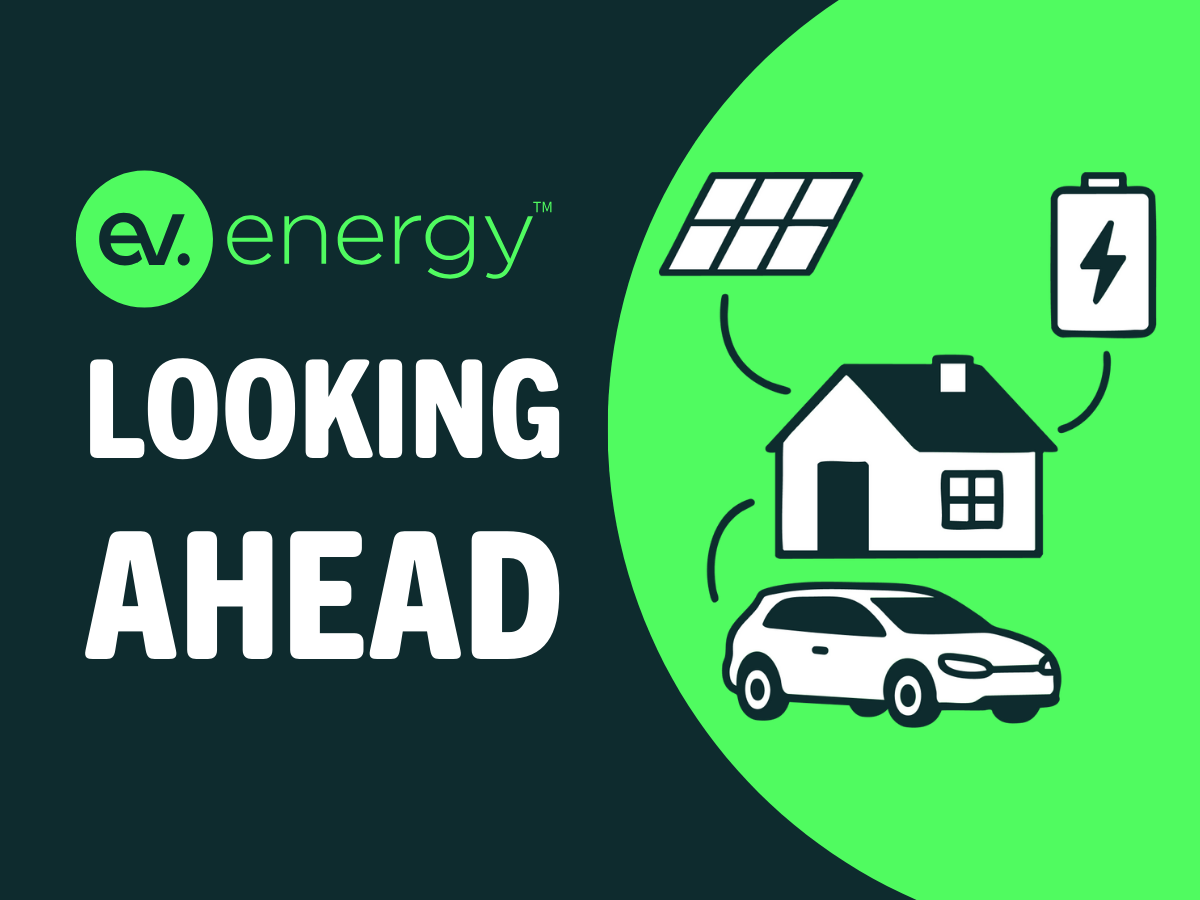

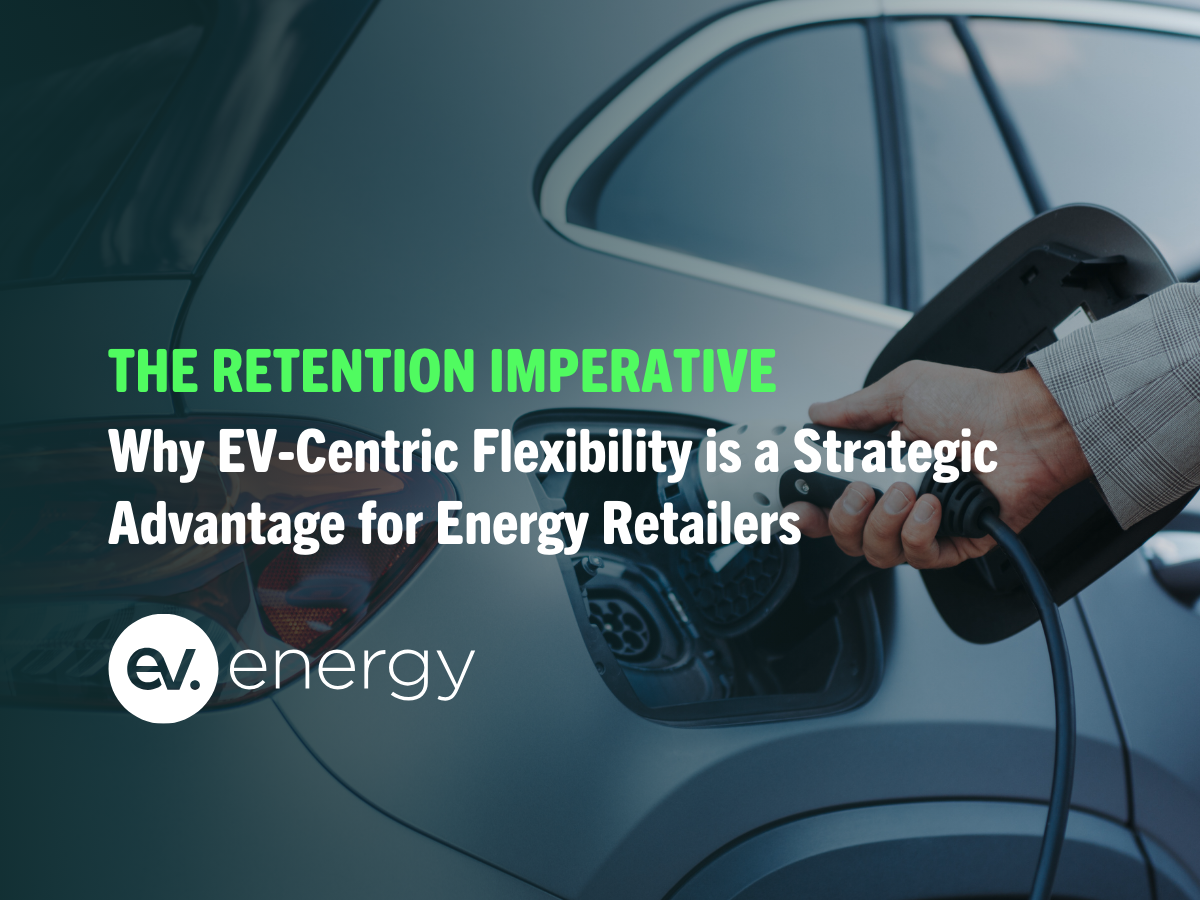

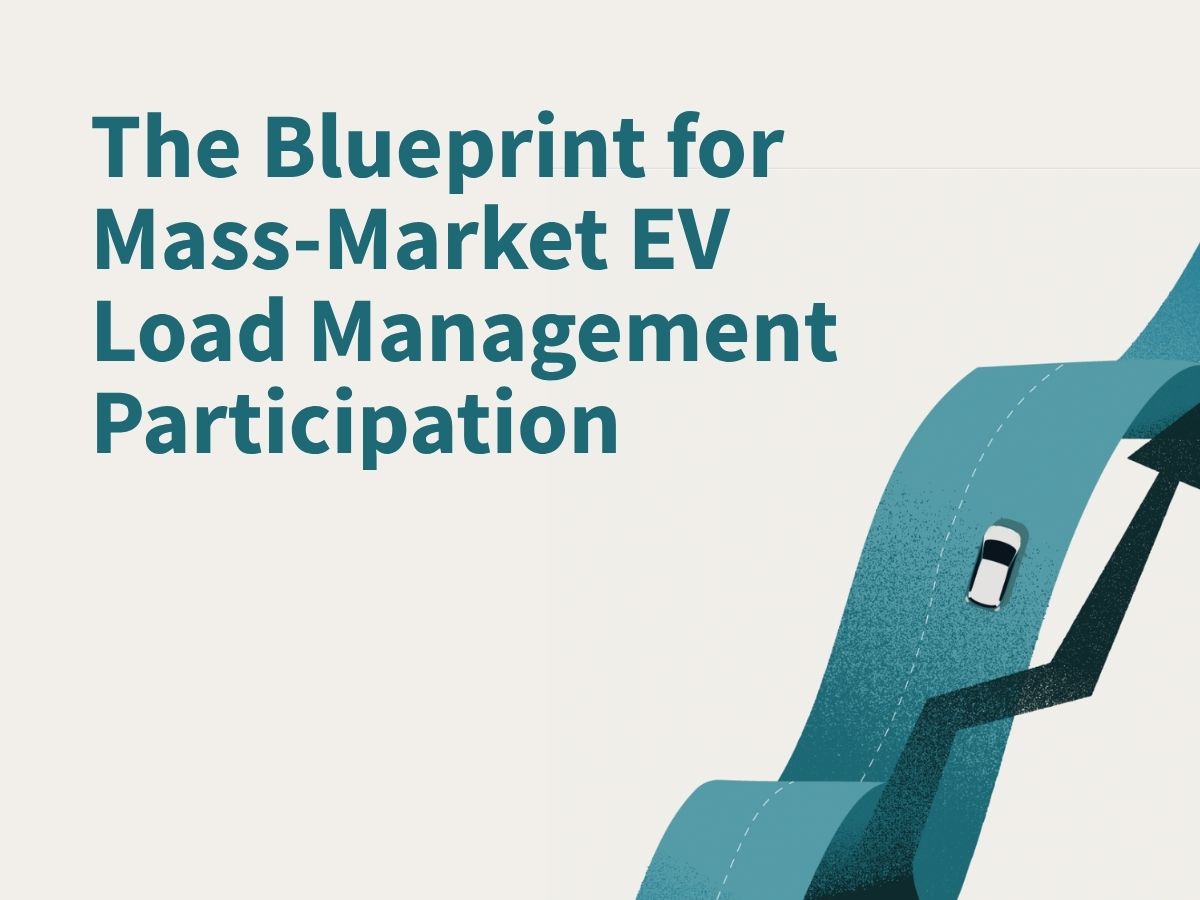

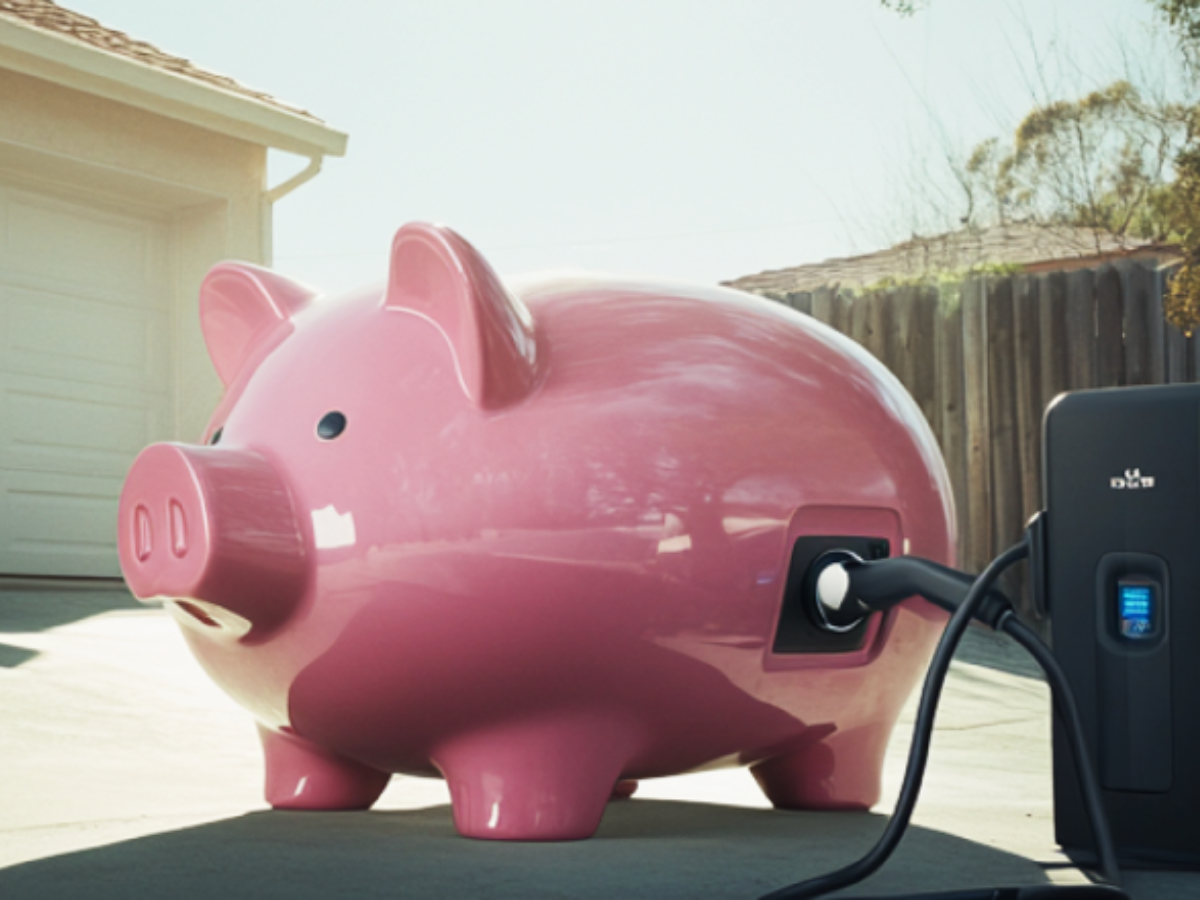

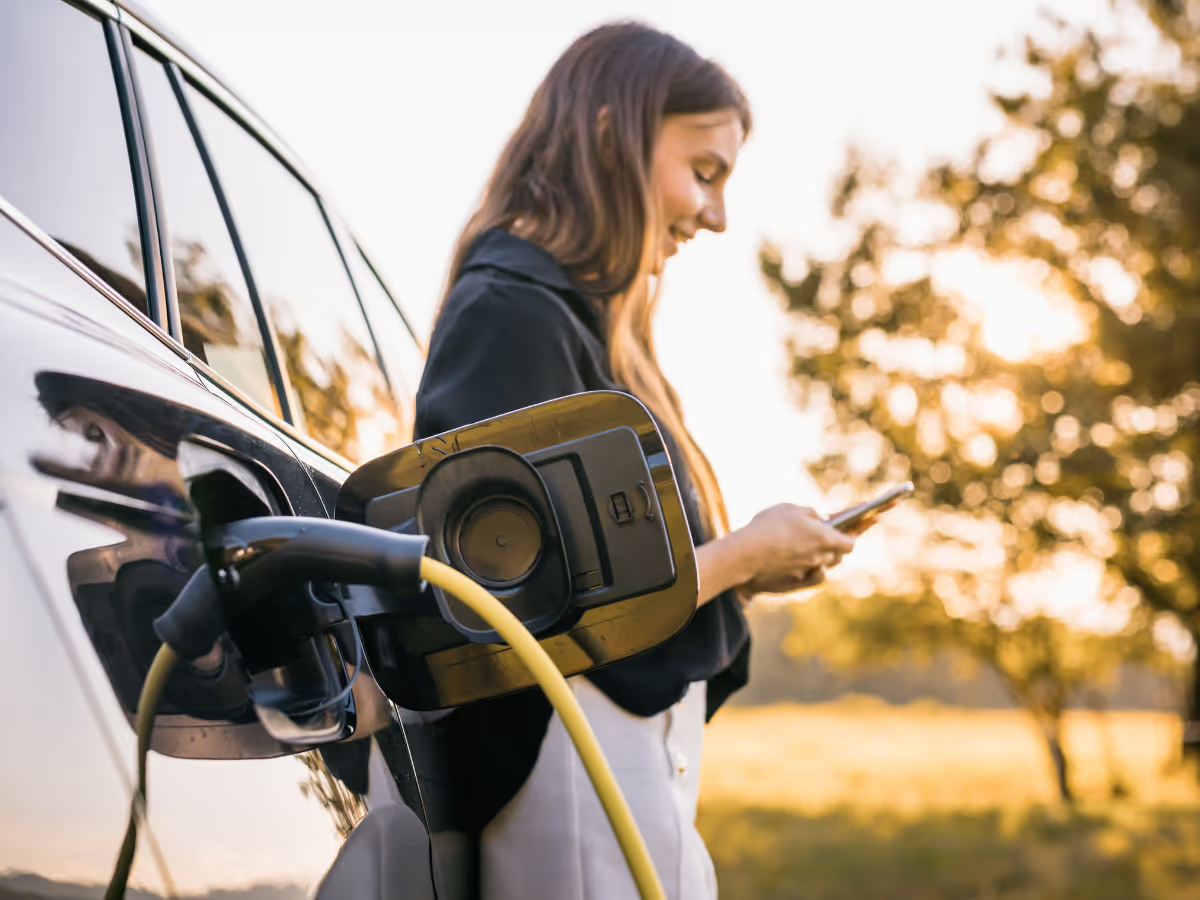


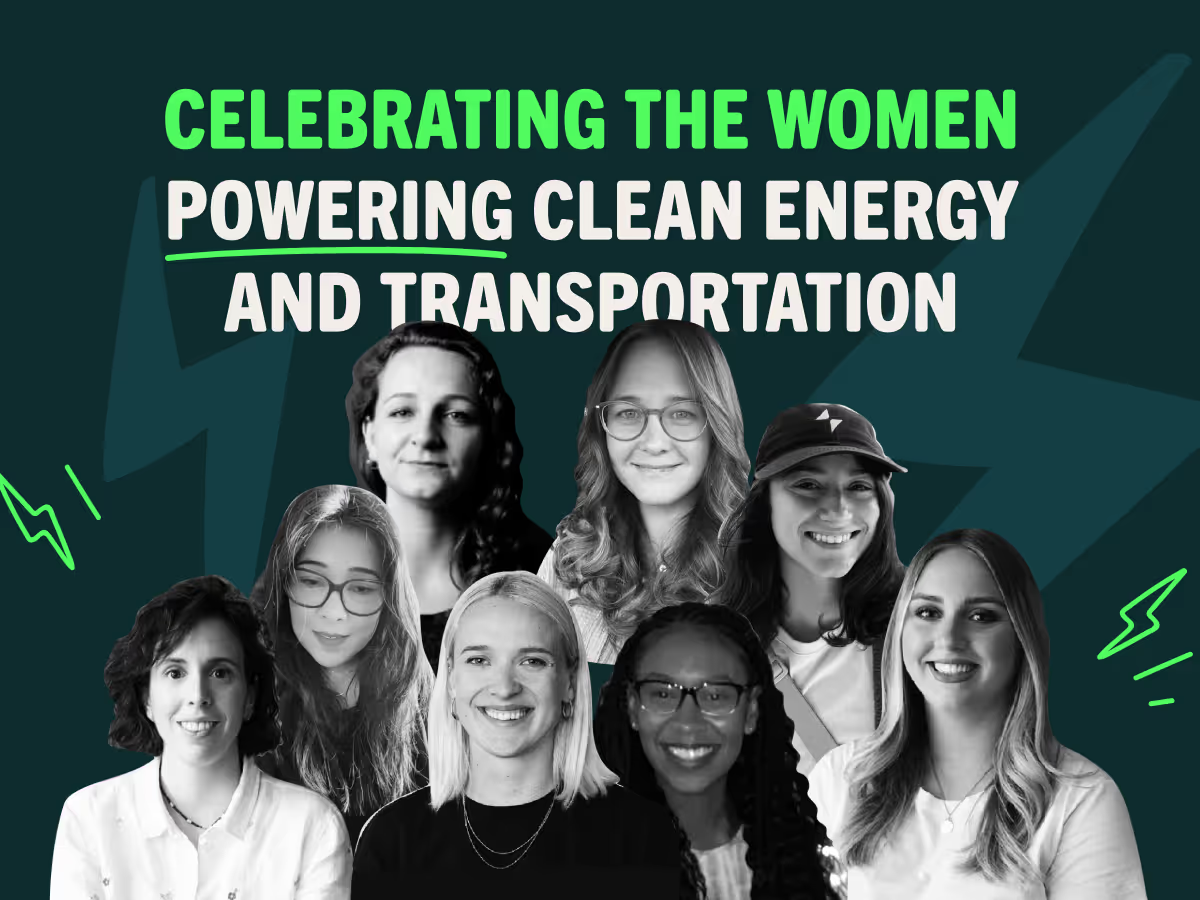


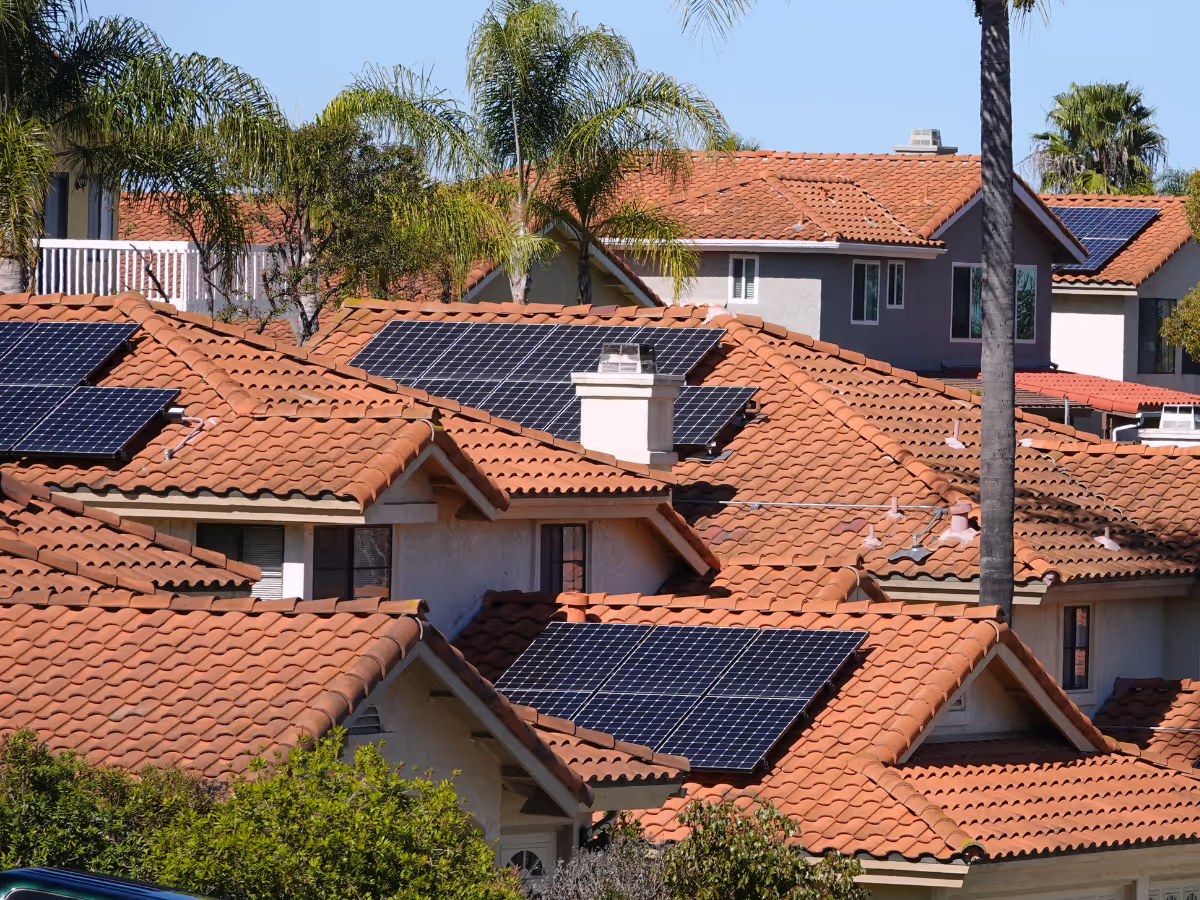


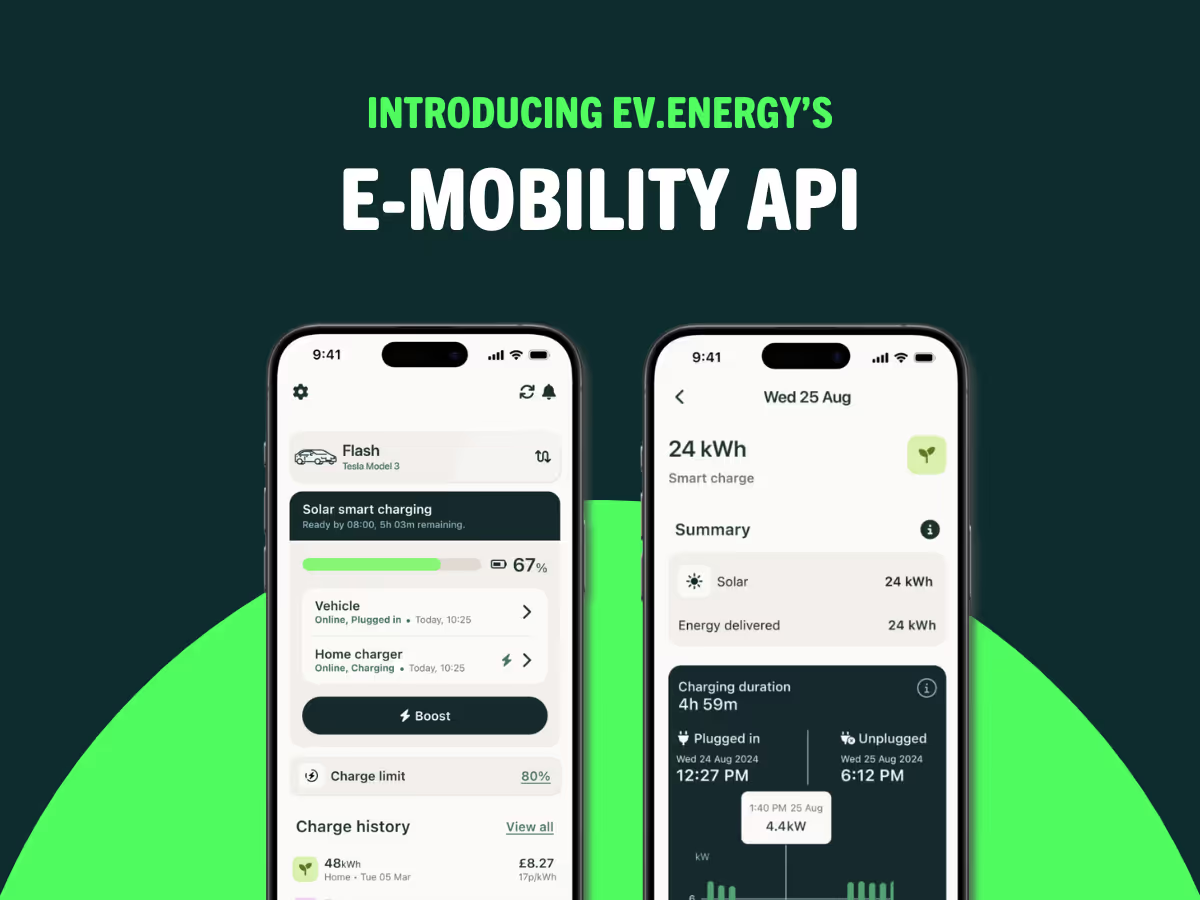

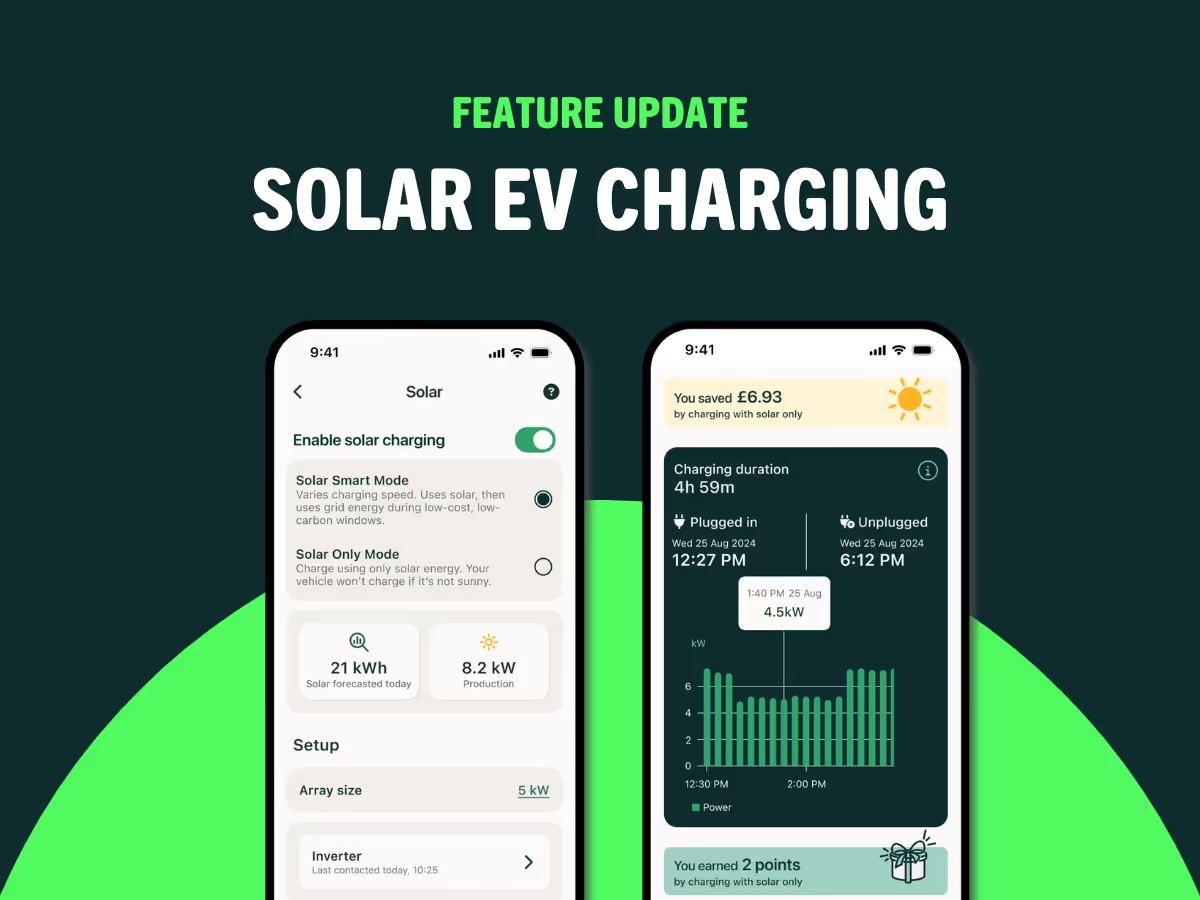












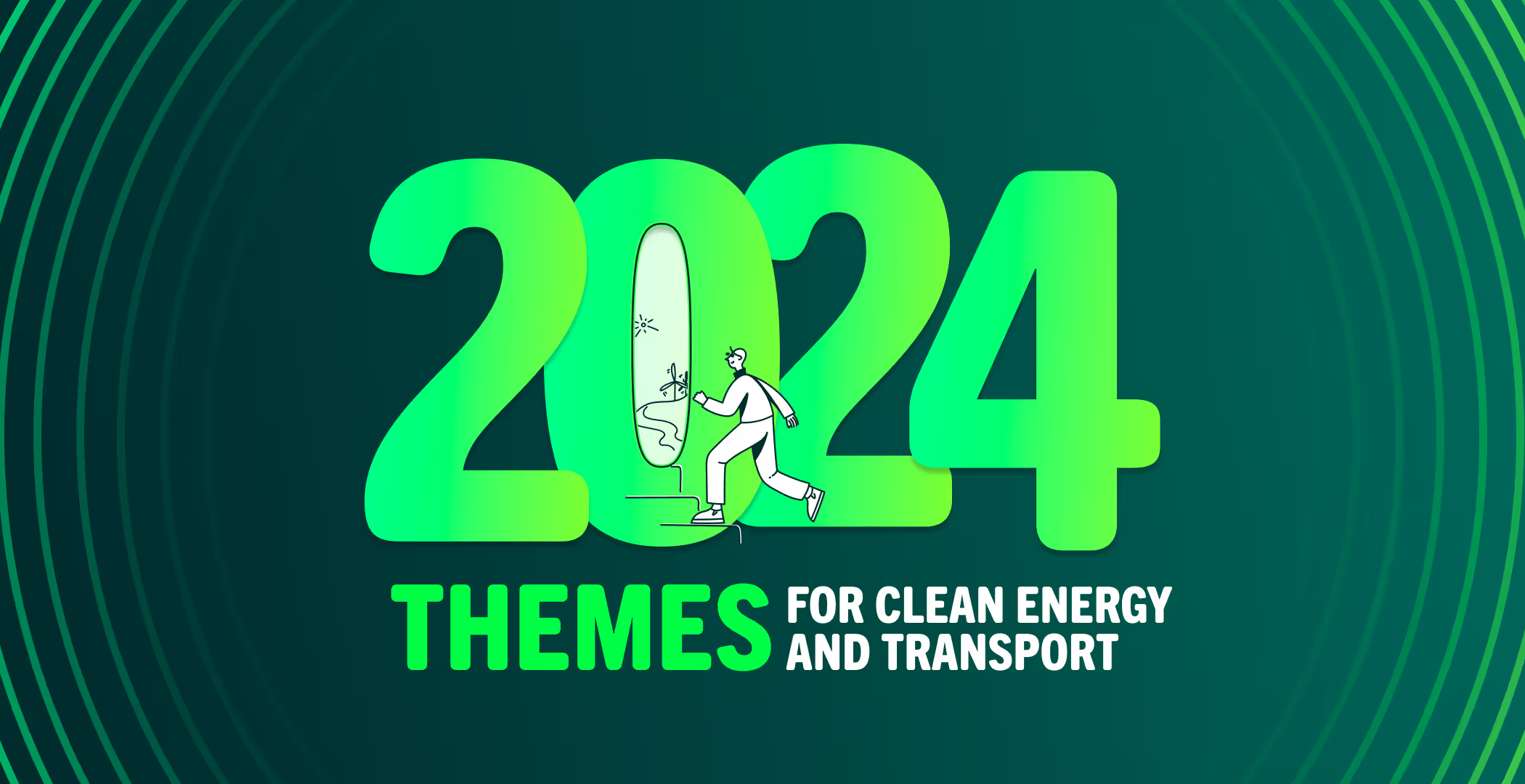
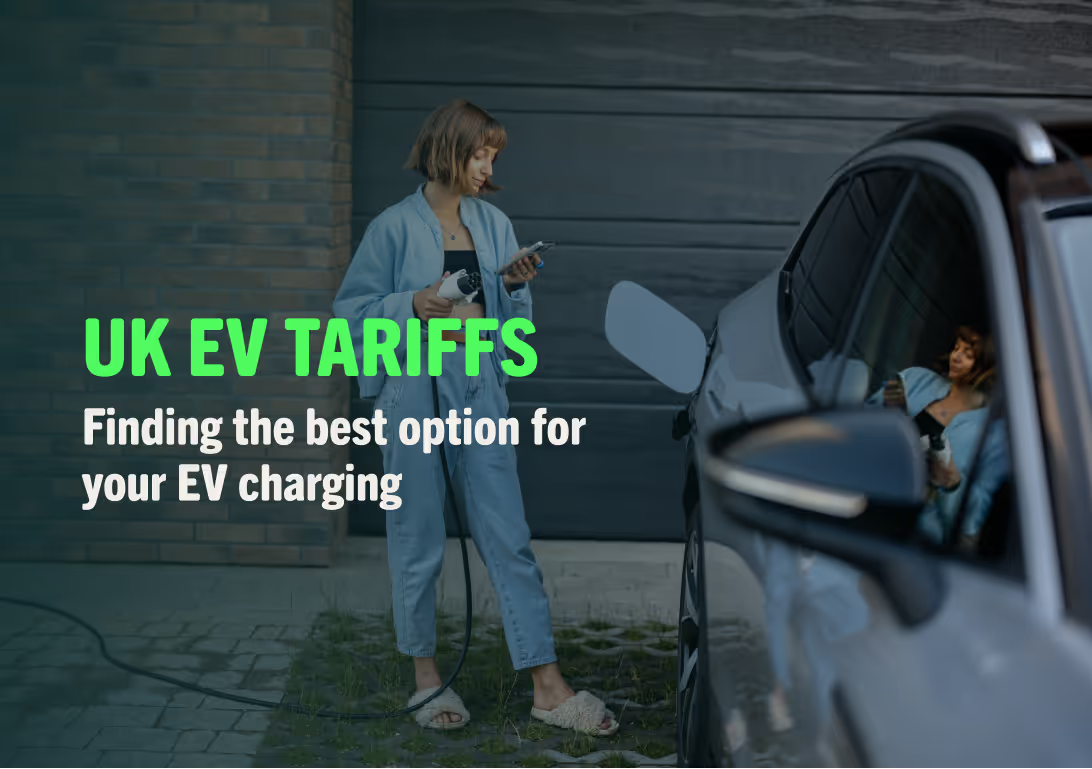








.avif)














































































